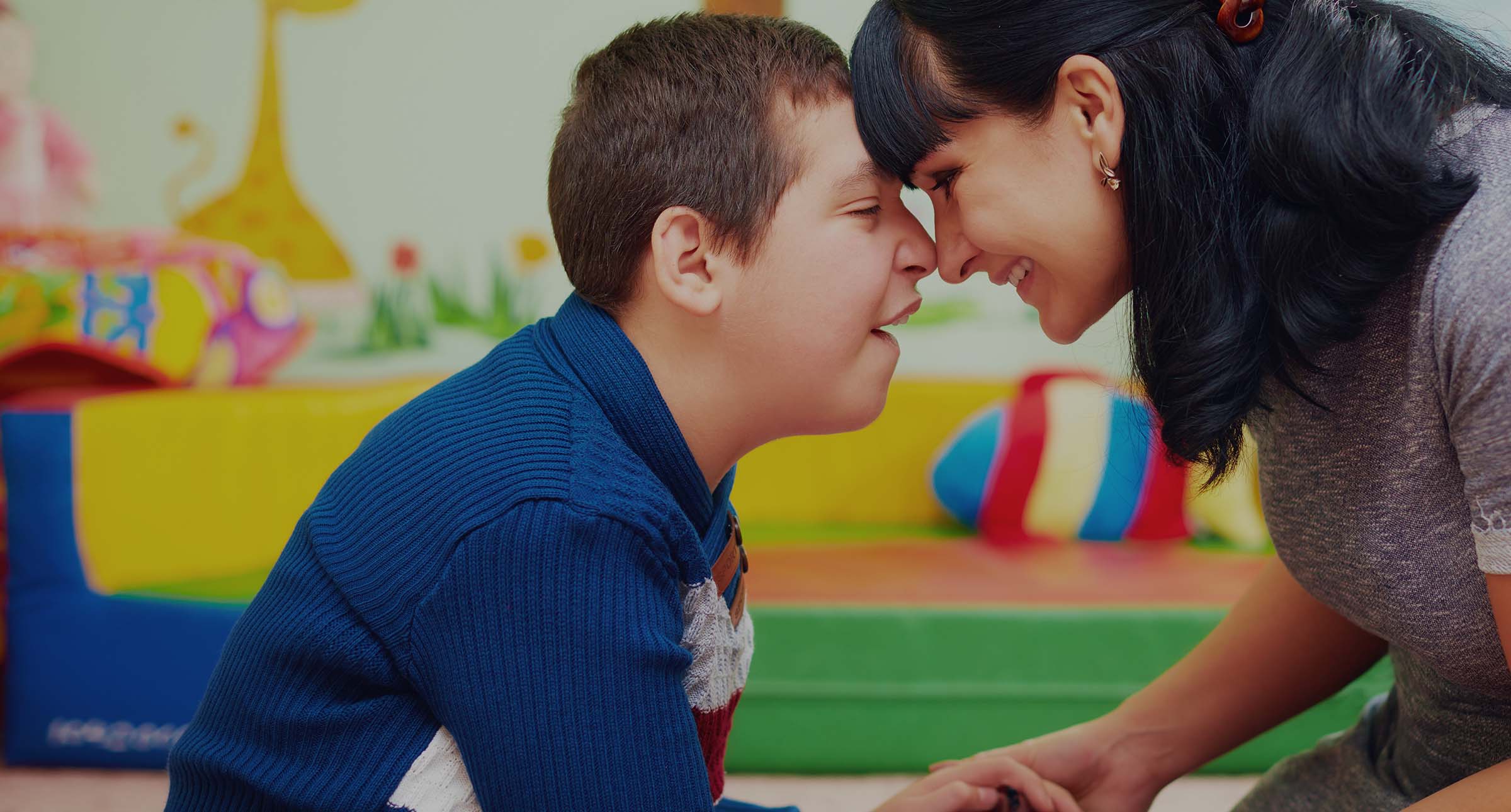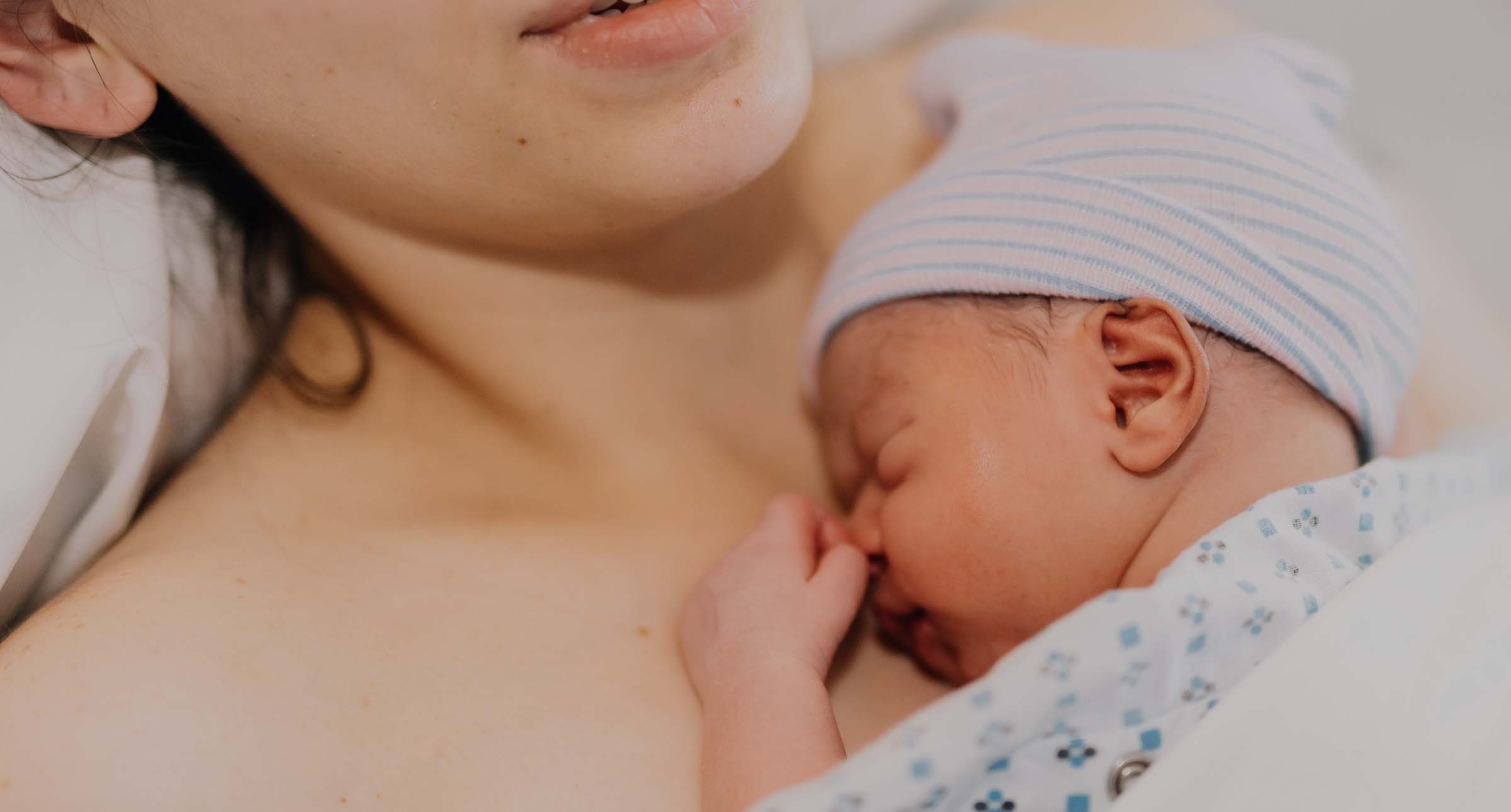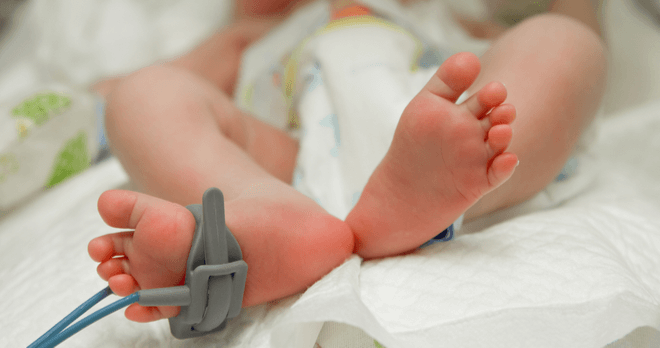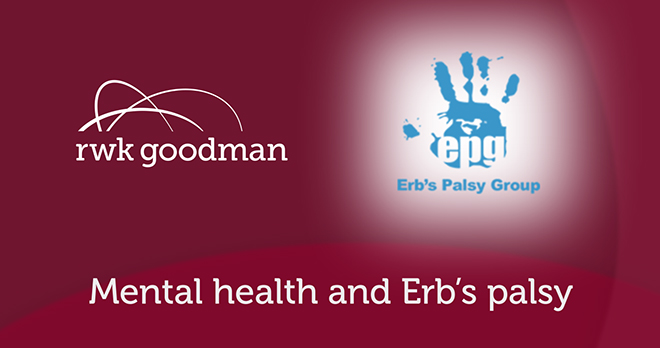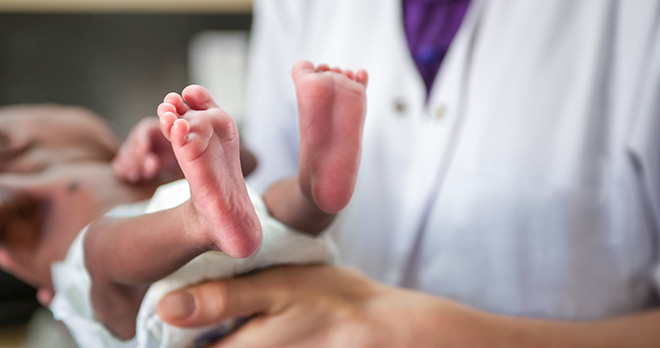

Erb's palsy compensation claim solicitors
Our specialist Erb's palsy solicitors are here to help you get the compensation deserved when you or your child has been injured due to negligence at birth.
Call for a free consultation on whether you have a claim
- No Win No Fee funding available
- We can help find the right support for you
- Offices serving all of England & Wales
- Track record of successful claims
Experts in Erb's palsy claims
If you or your child are living with Erb’s palsy as a result of a birth injury, you’re in the right place.
Our dedicated team of lawyers will strive to help you find out what went wrong during the birth and whether the brachial plexus injury could have been avoided. We work with leading medical experts in the field of obstetrics, midwifery and orthopaedics in meticulously investigating cases to achieve compensation for our clients.
A claim is both an opportunity to secure the future for you (and/or your family) and to throw a spotlight on learning vital patient safety lessons for Hospitals. The aim being to avoid further instances of substandard care in the future.
Helping you ascertain what happened
Although shoulder dystocia (a baby’s shoulder getting stuck at the time of birth) is not predictable, the risks of it occurring can be higher for some women (for example if the baby is known to be particularly large for dates or if the mother has gestational diabetes). As such, medical staff are under a duty to advise of all the risks in proceeding with a normal birth as against having a caesarean section so that the mother can make an informed decision on the mode of delivery.
Shoulder dystocia is also a medical emergency and all medics should have in-depth and regular training on its management. Proper training can help to avoid the occurrence of brachial plexus injuries during labour. However, sometimes injuries do happen. Common failures by medics include failing to carry out the key obstetric manoeuvres to overcome the shoulder dystocia or the application of excessive traction in trying to deliver the baby’s head.
Making an Erb’s palsy claim
If you or your child has Erb’s Palsy you’ll doubtless have concerns about how you or they will manage into the future. We understand you are striving for the best quality of life possible.
What can you make an Erb’s palsy claim for?
Our experienced medical negligence team can focus quickly on the key issues in the case and proceed to instruct trusted independent medical experts to provide their opinions on the care provided and the cause of the brachial plexus injury.
In order to bring a claim for damages against the NHS or other treatment providers, a Claimant must satisfy two legal tests, namely breach of duty and causation. Breach of duty refers to the failure of a medical professional to uphold a reasonable standard of skill and care, when compared to a reasonably qualified specialist in their field of expertise. Causation refers to injury or harm suffered as a result of breach of duty.
Some examples of substandard medical care that can lead to brachial plexus injury during childbirth are:
- risk factors for shoulder dystocia were evident but not discussed with the mother (or planned for). Risk factors include a larger than average baby and similar problems in a previous delivery;
- the established emergency steps for managing shoulder dystocia (freeing the baby’s shoulders) were not followed or properly executed.
The compensation will provide damages for pain, suffering and loss of enjoyment of life (known as general damages). It will also provide compensation for specific financial losses (known as special damages). Special damages will include a claim for items such as loss of earnings, the costs of private medical treatment and surgery, adaptations to the home, physiotherapy and aids and equipment.
Any compensation that is received, including interim payments over the course of the claim, can help provide support and care to improve quality of life. The compensation might be used for:
- regular physiotherapy;
- the support of an occupational therapist;
- adaptations for the home or appliances to make day-to-day tasks easier;
- specialist surgery to be performed privately.
How long do you have to make an Erb’s palsy claim?
Clinical negligence claims have a strict limitation date of three years less one day from the date of the incident, or the date of knowledge. The date of knowledge is the day you first became aware of potential negligence. Once that period has passed, you may be statute barred from investigating a potential claim for negligence.
For children under age 18 though, the limitation date does not start running until their 18th birthday. Therefore if your child is under 21, you may be able to bring a claim for Erb’s palsy compensation.
How long will it take to receive compensation?
The length of time it takes to pursue a claim is very variable and there is no fixed pathway. The progression of the case will depend on the individual circumstances of each claim and the complexities involved. It will also depend on whether the Defendant in the case admits liability at an early stage or whether the case is defended.
We always seek to progress matters as quickly as possible via ‘telescoping’ – doing as many different tasks on the claim at the same time as possible – but on average it takes one or two years to establish liability in the case. We will keep you fully informed and updated throughout the process.
How can an Erb’s palsy case be funded?
Cases can be funded either by Legal Aid – where your case meets their criteria – or through a Conditional Fee Agreement (CFA). A CFA is more commonly known as a ‘no win no fee’ agreement, which means that we get paid nothing if the claim is unsuccessful, and in return (if the claim is successful) whilst the defendant will pay the majority of the costs we get a percentage increase on our fees (known as a success fee). You will also pay a part of any insurance policy premium to cover your claim.
Our specialist medical negligence solicitors are Erb’s palsy experts, here to help you with sensitive, confidential advice. Please get in touch with us if you want a free consultation on whether you have a claim for compensation.
- No Win No Fee funding available
- We can help find the right support for you
- Offices serving all of England & Wales
- Track record of successful claims
Call for a free consultation today
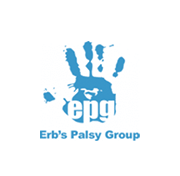
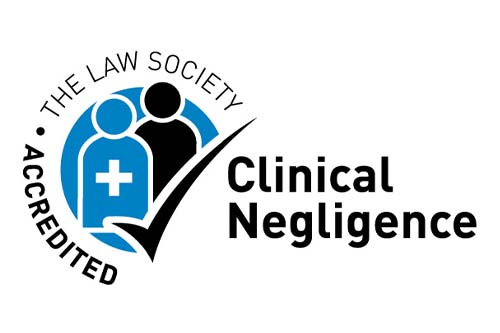
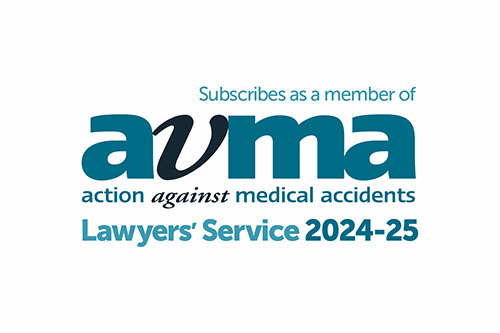
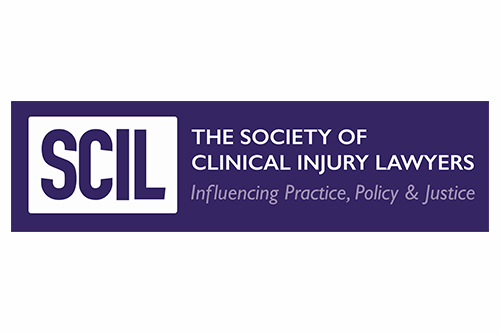

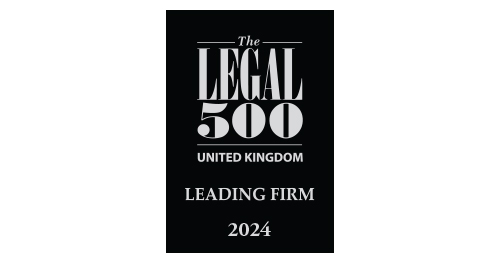
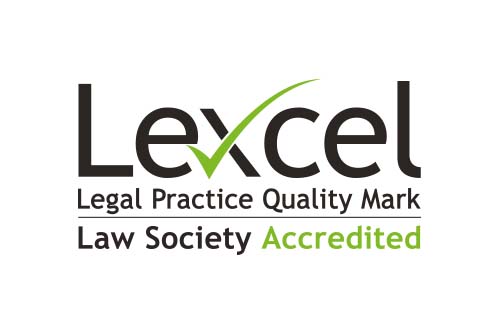
Frequently Asked Questions about Erb's palsy claims
The baby’s shoulder getting stuck during labour (known as shoulder dystocia), if not properly managed, can cause an injury to the brachial plexus nerve. If this injury is permanent it is called Erb’s palsy. The nature and the extent of the Erb’s palsy will vary dependent on the nerve damage suffered. The general classification of the injury is into Groups:
Group 1: paralysis of shoulder and biceps
Group 2: paralysis of shoulder, biceps, and wrist extensors
Group 3: paralysis of entire limb
Group 4: paralysis of entire limb with temporary Horner’s sign
Group 5: paralysis of entire limb with persistent Horner’s sign and poor recovery.
The impact of an injury will depend upon its severity, however it usually results in significant restriction of movement which can be detrimental to everyday life, particularly if the dominant arm is affected.
If you consider that you would not have had a vaginal birth if the risk factors had been properly explained to you, or if you consider that the shoulder dystocia itself was negligently managed it is important to seek specialist legal advice.
There is clear case law which states that if you were at increased risk of shoulder dystocia occurring during the birth, then those risk factors should have been discussed with you so that you could decide whether to have a caesarean section or not. You would need to prove that you would have chosen the option of a caesarean instead of a vaginal birth by explaining the reasons for this.
There are particular emergency obstetric manoeuvres and steps which must be undertaken when shoulder dystocia occurs; these steps will be dependent on when the birth occurred as medical knowledge and training has advanced over time. Our medical experts will fully advise on the standard of care received.
Compensation is split into two awards – there are general damages to reflect the pain, suffering and effects upon that injured person’s everyday life. These are calculated by reference to how the particular injured person has been affected, and what their long-term prognosis is likely to be.
Basically, this element of damages is “tailor-made” to fit the impact the injuries have had upon the individual with assistance from previously decided cases.
The second element of compensation are called special damages – they are the financial losses for care, therapy, aids and equipment and possibly more long-term implications such as any affect upon employment and earnings potential.
The aim of compensation is to put the injured person back in the position they would have been but for the Erb’s palsy. Solicitors therefore look to gain maximum compensation for clients to allow them to make the most of their lives, and to overcome any difficulties associated with Erb’s palsy as much as possible.
Where there is a risk of shoulder dystocia, the mother should be informed of those risks and the relevant treatment options available to her explained clearly e.g. the mother should be given the chance to make an informed decision on whether to opt for an elective caesarean section over a vaginal delivery.
In a recent Scottish case, Montgomery v Lanarkshire Healthcare, an appeal judge determined that the hospital was responsible for the brachial plexus injuries suffered to the baby on delivery.
The circumstances of this case was that the mother had voiced her concern about a vaginal delivery because she was a diabetic of small stature and had been told that her baby was larger than average.
Despite this, the obstetrician failed to advise her of an 8-10% risk of shoulder dystocia, and did not discuss the option of an elective caesarean section. Mrs Montgomery was insistent that she would have chosen a caesarean birth had she been given that information. Her evidence was accepted and she succeeded in her claim.
The court held that: “The test of materiality is whether, in the circumstances of the particular case, a reasonable person in the patient’s position would be likely to attach significance to the risk, or the doctor is or should reasonably be aware that the particular patient would be likely to attach significance to it.”
So where there’s a risk factor that’s more than a negligible risk, the patient should be informed of this risk and allowed to make an informed decision on their treatment options. It’s not for the doctor to decide on whether or not the risk is relevant to the patient.
In the case of FM (by his father & litigation friend GM) v Ipswich Hospital NHS Trust. [2015] EWHC 775 (QB)the mother’s second delivery was complicated by shoulder dystocia. In light of this, the court held that the mother should have been advised of the risks of proceeding with a vaginal delivery with her third child, and that not to have discussed the risks was a negligent failure.
The court agreed with the hospital that the mother may well have been advised to proceed with a vaginal delivery, but accepted the mother’s evidence that, in spite of such advice, she would have opted for an elective caesarean section over a vaginal delivery had she been told about the risk of shoulder dystocia and been given a choice.
The case succeeded. Had the staff performed a caesarean section, the shoulder dystocia and the resulting injury would not have occurred.
The length of time it takes to pursue a claim is very variable and there is no fixed pathway. The progression of the case will depend on the individual circumstances of each claim and the complexities involved. It will also depend on whether the Defendant in the case admits liability at an early stage or whether the case is fought. We always seek to progress matters as quickly as possible via ‘telescoping’ – doing as many different tasks on the claim at the same time as possible – but on average it takes one or two years to establish liability in the case. We will keep you fully informed and updated throughout the process.
The compensation will provide damages for pain, suffering and loss of enjoyment of life (known as general damages). It will also provide compensation for specific financial losses (known as special damages). Special damages will include a claim for items such as loss of earnings, the costs of private medical treatment and surgery, adaptations to the home, physiotherapy and aids and equipment.
Interim payments of damages are awards made at an early stage of the case, i.e. before the child’s final award for damages is determined. These pay for ongoing expenses which the child has as a result of his or her condition.
In the setting of Erb’s palsy, such expenses might include physiotherapy, hydrotherapy, aids and equipment to help overcome practical difficulties caused by the Erb’s palsy, and possibly expenses such as clothing. This list is by no means exhaustive: everyone is different, and so the facts of each case are also different. The person wanting the payment is expected to prove that these expenses exist, and that they arise from the injuries complained of.
Interim payments can also pay for early provision of prompt therapy, on a private basis, which could reduce the severity of the child’s long-term disability, which is in everyone’s best interests.
Sadly, sometimes Erb’s palsy is not the only injury suffered at birth. More often, we are seeing brain injuries occurring alongside Erb’s palsy. The symptoms of these injuries sometimes do not show themselves until children are much older, very often when they are starting secondary school where they need to become more independent.
We also shouldn’t forget mum. Unfortunately, sometimes mum suffers an injury during childbirth.
We know that mothers are sometimes reluctant to talk about those because they put the claim of their children first. However, some maternal birth injuries can be life-changing and it is important that we pursue all possible claims at the same time, given that a mum almost always only has three years to bring their claim.
When you’ve sustained a maternal injury
Very often mums will suffer significant tears and other injuries as a result of the negligent treatment which results in their child suffering from Erb’s palsy.
These injuries can be significant and life-changing, yet plenty of mothers don’t want to talk about them and/or don’t pursue them.
Understandably, they are more concerned about their child. However, it is important that mums feel able to discuss what happened to them during birth, and not suffer in silence.
Whilst monetary compensation may not appear to be of use at first, it can provide a range of benefits to reduce the impact of the injury. These can include paying for private remedial surgery which can sometimes be a better alternative to NHS treatment.
It’s also worth remembering that compensation can cover other losses other than for treatment. Some mothers have been known to suffer PTSD following a traumatic birth, and have had to take time off work as a result. If someone has suffered something similar as a result of negligence, loss of earnings will be taken into account for compensation claims.
When your child has sustained other injuries
When there have been difficulties during birth resulting in Erb’s palsy, there is a chance that, unfortunately, the baby has also suffered from a lack of oxygen and therefore brain damage.
Brain damage can be quite subtle and hard to spot at first but may become apparent if your child struggles to achieve normal milestones of development. Or as they progress in education and more is asked of them in terms of independent learning, they may struggle to keep up with their friends.
When bringing claims involving both Erb’s palsy and brain damage, it is important that both issues are considered and investigated early on. It is important to avoid any suggestion that if a claim for Erb’s palsy has been settled, this has ruled out any other claims in relation to the birth which might become apparent later on.
It is therefore crucial that if you have had an Erb’s palsy claim which has been settled, and you have concerns now about your child ‘s development, that you seek specialist advice to see whether or not a further claim can be pursued for any other injuries including brain damage.
It is important that you instruct a specialist clinical negligence solicitor, who has experience of Erb’s palsy claims.
Even more important than that, however, is finding a solicitor you can work well with – someone who is on your wavelength. Bringing a claim is one of the most personal, emotional and (at times) stressful things that you will do. Therefore you must have someone working alongside you who you can trust and talk to freely.
In order to be sure that you have got the right person, be sure to talk to the firm you approach in some detail and before you decide whether or not to instruct them. This will help you to work out whether or not they match what you are looking for.
With the best will in the world, sometimes you instruct a firm of solicitors believing that they are the best people for the claim, but later on you encounter difficulties. There is no problem in swapping legal advisers – funding can always be transferred, and for specialist departments like ours any delay in switching instructions is minimised as much as possible.
“I would like to thank Paul Rumley for his excellent representation of my case. He was extremely sympathetic and compassionate and kept me well informed on all aspects. I felt very much at ease talking to him, directly or on the phone. I would highly recommend him on medical issues and would certainly come to RWK Goodman again for any future legal services”


